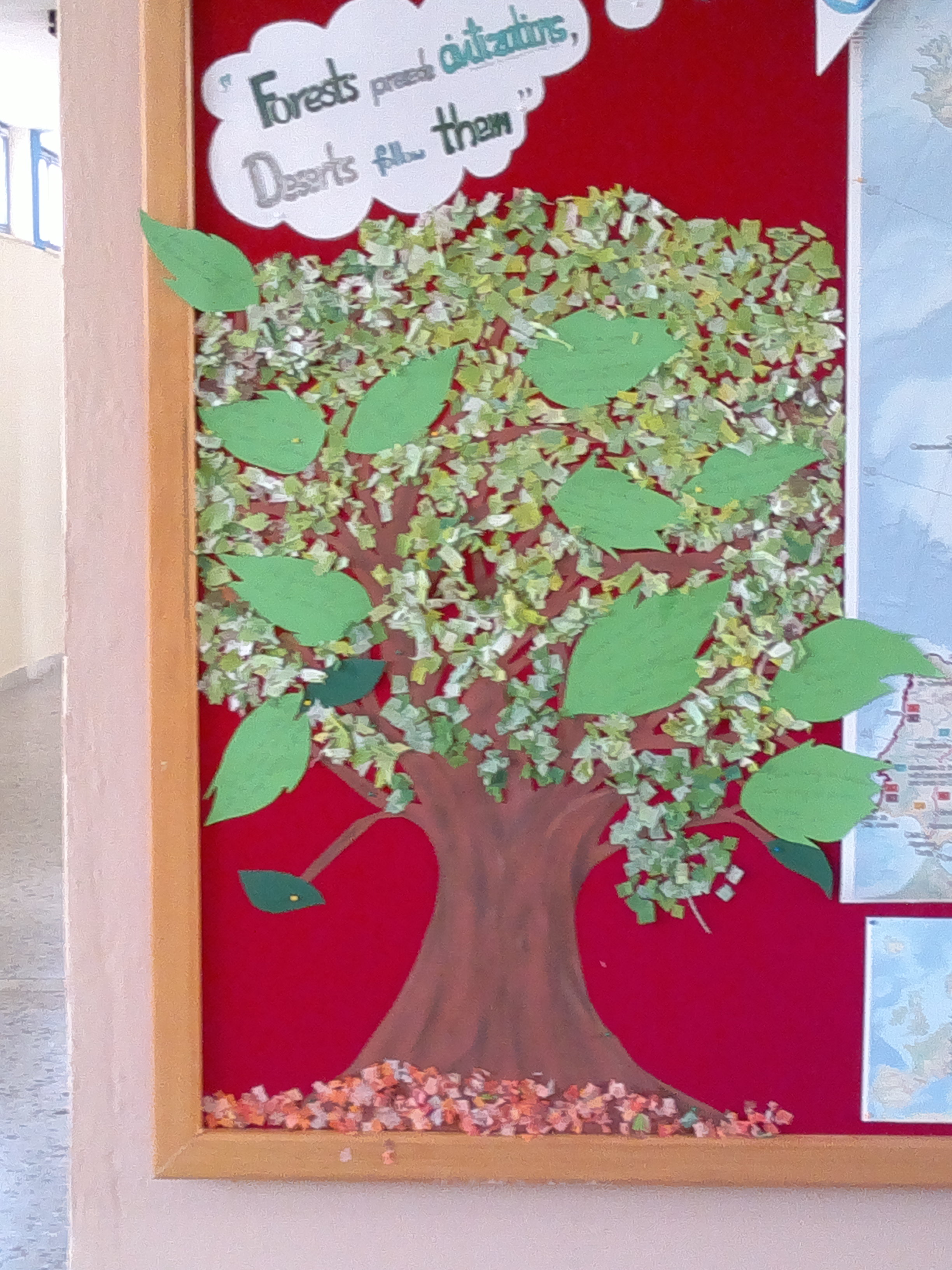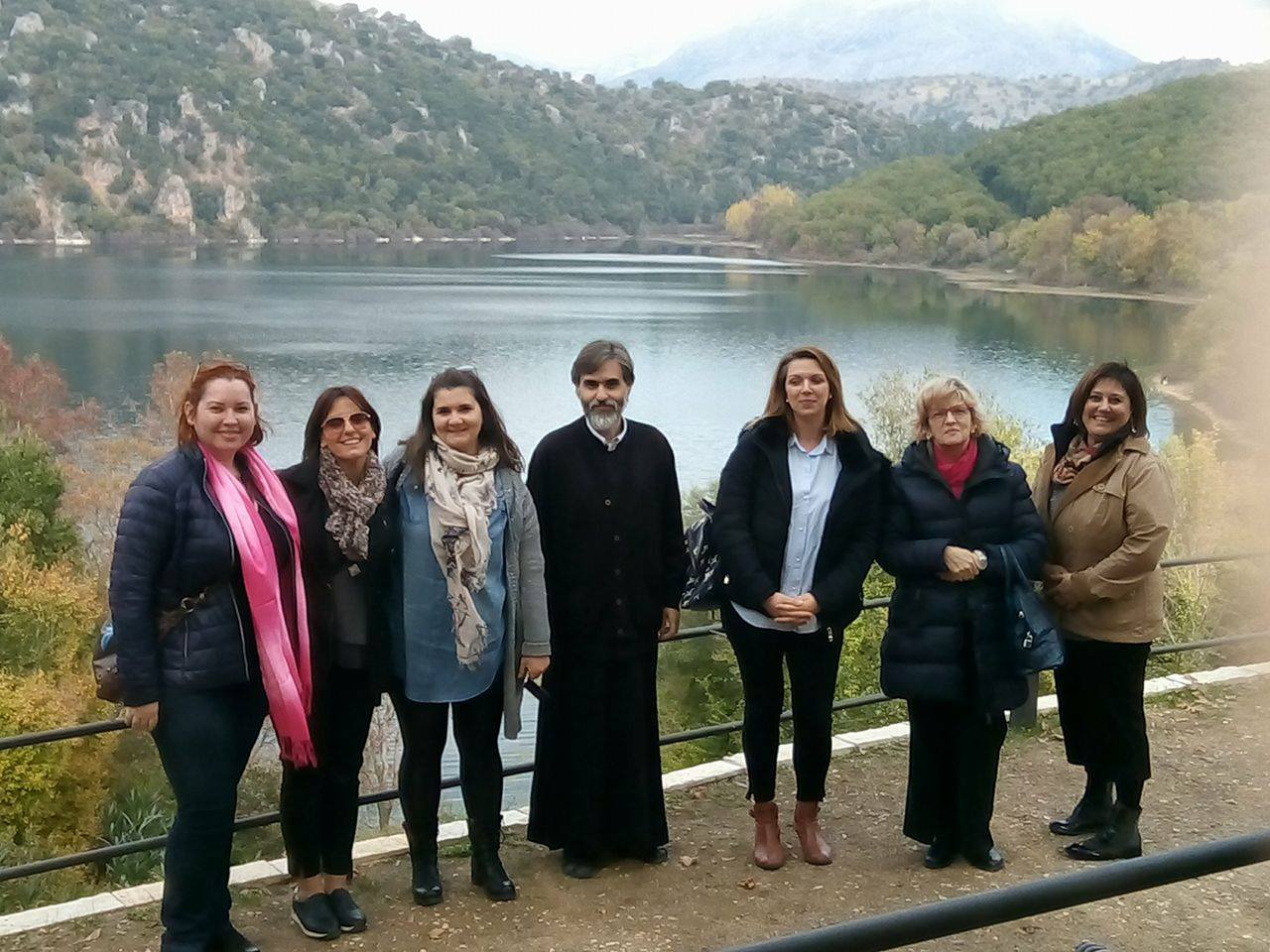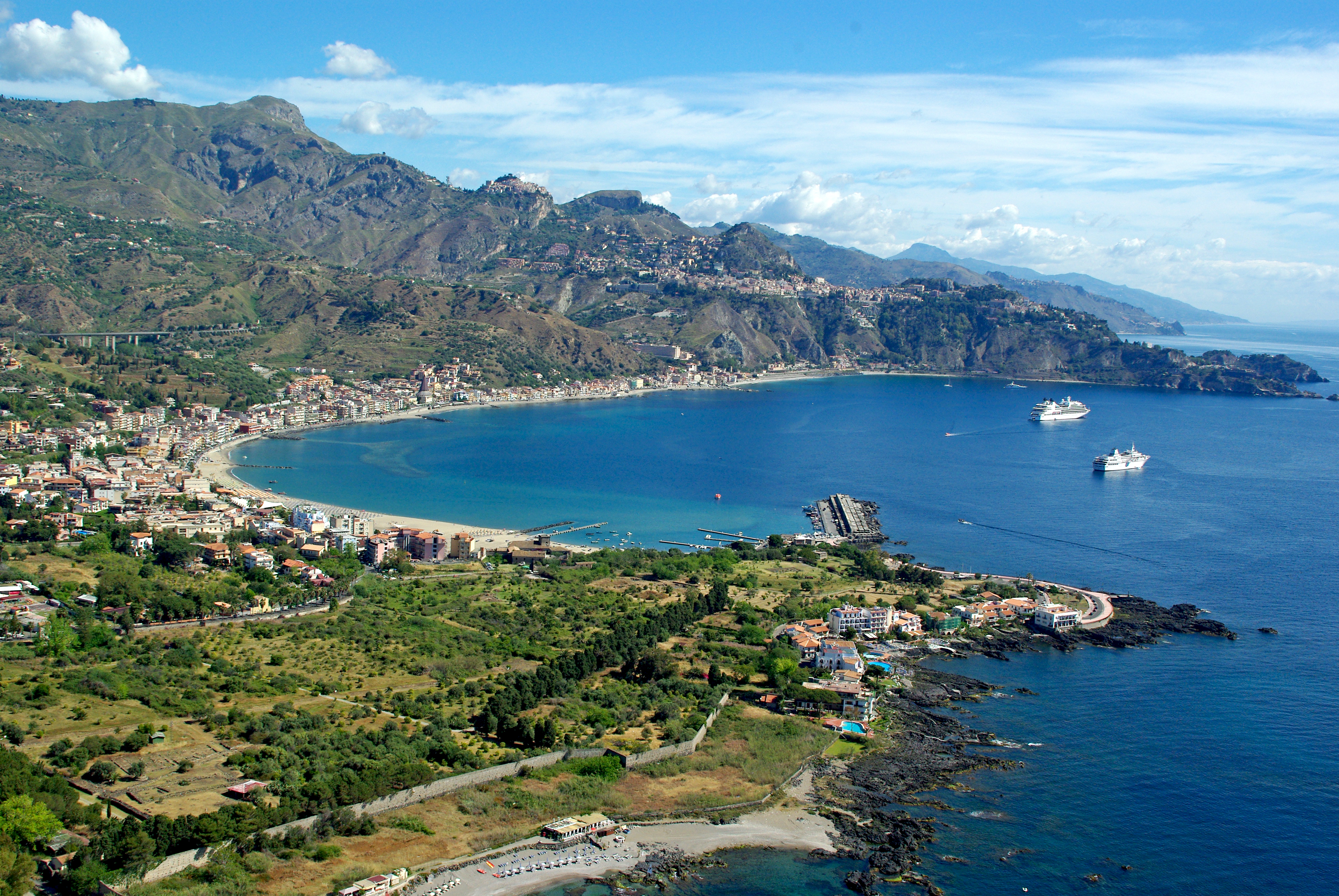The senior high school of Thesprotiko is located in Thesprotiko, Preveza. There are 90 students and 15 educators working in it. Students are 15-18 years old and they attend humanitarian subjects, maths and science. A special characteristic of the school is that it "hosts" students that come from mountainous villages of the area and as result they have great difficulty in both transportation from and to the school and in having access in outdoor activities. Specifically, a rather big amount of students shows a great educational need due to their living conditions. This means that our students live in remote villages with few residents without particular access to new technologies and outdoor activities. The only way out of this limited living is our school and the opportunities it provides to them. What satisfies us is the fact that these students are always willing to participate in school activities. A second characteristic of the school is the high percentage of immigrant students. These children have socialized to a great degree but there have been incidents of marginal behavior, too.
Our school has organized a great deal of activities
related to environmental and humanitarian issues. Specifically it is a partner
of the European paths E4 & E6 net of the Educational Environmental Center
in Maronia Greece. Also, it cooperates with the local cultural and
environmental associations as well as the hiking clubs of Preveza in order to
explore the local paths. Through projects students study the local paths from
ancient to modern times. The school organizes hiking trips and generally
involves students in activities in nature.
 |
| The European Path E6 in Maronia Greece |
Also, the High school of Thesprotiko organizes seminars and semi seminars about the environment in relation to humanitarian values. Indeed our school promotes critical thinking by showing all aspects, religious, scientific, humanitarian, of different issues.
Also the school organizes nature labs in the sea, rivers, lakes of the region. So, teachers try to expand the cognitive skills and work towards experiential learning. In this direction, students organize exhibitions and bazaars where they show their business skills and create things from recycled objects or land art, and thus promote the local products.
As far as the humanitarian values are concerned, the school opens up in society through a collaboration with series of social organizations where students offer their services and show charity to children in need.
The persons involved have the right skills and expertise. Specifically, an economics teacher, a literature teacher, a science teacher and an English language teacher take part in the program giving it a cross curricular dimension.

 Erasmus+ Corner
Erasmus+ Corner Transnational Meeting
Transnational Meeting Library
Library High School of Thesprotiko
High School of Thesprotiko Caminiti Trimarchi
Caminiti Trimarchi Liceum Teoretic Aurel Lazar
Liceum Teoretic Aurel Lazar  Thesprotiko
Thesprotiko Giardini Naxos
Giardini Naxos Oradea
Oradea Kokkinopilos
Kokkinopilos
No comments:
Post a Comment